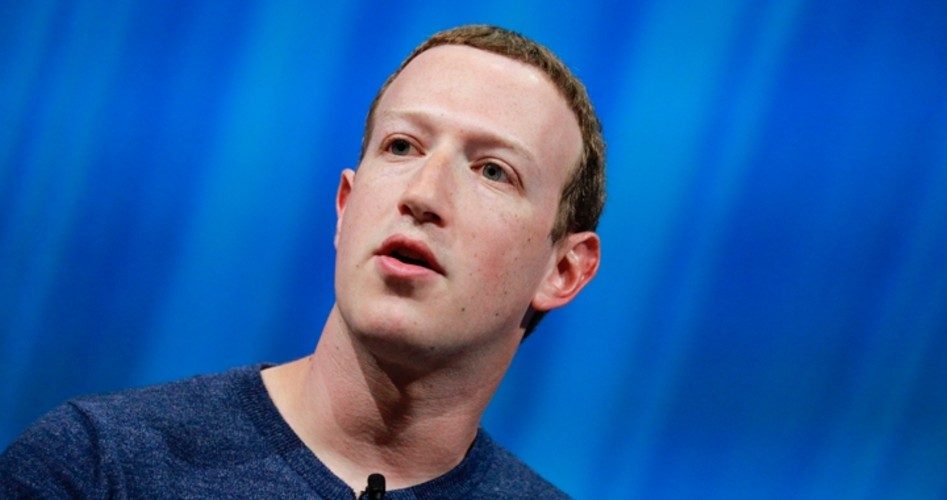
Facebook CEO Mark Zuckerberg (shown) is being forced to face the music over his social media company’s treatment of users’ data. In the wake of the Cambridge Analytica scandal — in which as many as 87 million Facebook users had their data harvested and used to manipulate the 2016 election — Zuckerberg had to face his shareholders Thursday. It wasn’t pretty.
When a 24-year-old self described “gay Canadian vegan” named Christopher Wylie created what he calls “Steve Bannon’s psychological warfare mindf*** tool” in 2014, he needed data to drive the tool. His company, Cambridge Analytica, took the shortest path. Rather than gathering all that data themselves, they used the high level of access to user data Facebook allowed to app developers and harvested everything they needed. Facebook’s lax privacy protections essentially gave Cambridge the keys to the digital kingdom.
The underlying issue is that if Facebook did not harvest the private data of users in the first place, there would have been nothing for Cambridge to tap.
Zuckerberg’s company — and Zuckerberg himself — took a pounding in the media and on Capitol Hill. The company’s stock took a deep dive, costing investors plenty for a decision in which they had no say. Thursday, they called Zuckerberg to account.
Christine Jantz, chief investment officer at Northstar Asset Management, which invests in Facebook, said that since “privacy is a human right” and Facebook has data-mined users to create startlingly accurate pictures of nearly every element of their lives, then “Facebook’s poor stewardship of user data is tantamount to a human rights violation.”
Jantz was not alone in excoriating Zuckerberg. James McRitchie, another Facebook investor, spoke directly to Zuckerberg, calling Facebook a “corporate dictatorship” in the making. Of course, that would mean that Zuckerberg is the digital dictator, so McRitchie went on to say, “Mr. Zuckerberg, take a page from history. Emulate George Washington, not Vladimir Putin.”
In fact, it was only as a result of that “corporate dictatorship” that Zuckerberg and his board of directors are still in power. A number of investors forced votes on six proposals to change the company’s leadership, according to The Guardian. The vote failed because of the unequal voting structure that appears designed to protect Zuckerberg and his elite inner circle.
That voting structure gives Zuckerberg’s shares 10 times the voting power of other shares. So even though he does not hold a majority of the company, Zuckerberg possesses 60-percent voting power on the board. With a structure like that, Zuckerberg is essentially a power unto himself. Of course, the danger of overplaying that power is that investors could simply vote with their portfolios and checkbooks, dumping stocks and sending the company into a tailspin.
This news comes alongside a Pew survey showing that teens 13-17 are less and less likely to use Facebook, preferring other social media platforms, instead.
Photo of Mark Zuckerberg: AP Images




